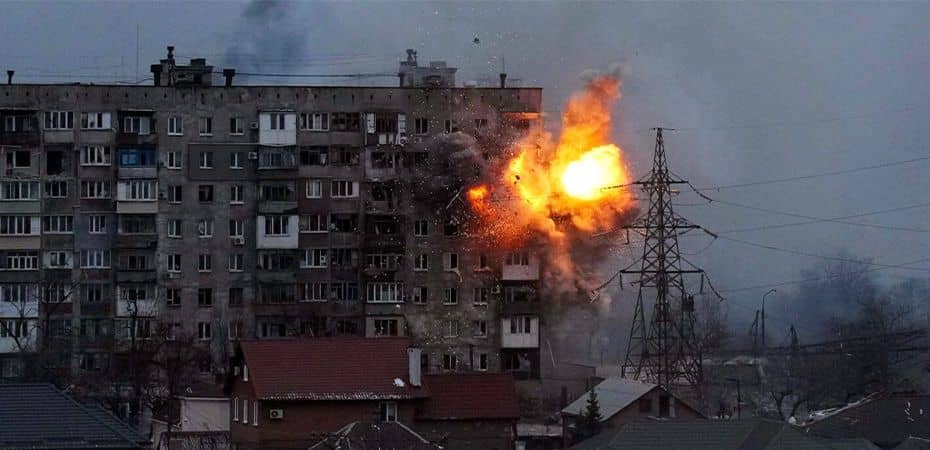📽️
May 12, 2025
Comments (4)
Make an account to reply.great stuff here @ALLNATURAL. i think mendoza probably felt like he had experiences worth showing— sometimes when i have an idea in mind, i just wanna put pen to paper; i don’t wanna lose it. he may have felt that preserving his memories on film was an adequate way to pay testament to his experiences, and my guess is that Garland interpreted said experiences as an example of the cruelty of war and the direct effect of american imperialism. however, while interesting in concept, i agree that it was at least a bit ignorant to only show the perspective of the soldiers. maybe it was the creative direction, actually, as this felt like it was marketed as a realistic war movie, which might have unintentionally (or intentionally) brought in audiences who thought they were there for a cool action flick. this could have a positive effect, as these audiences may be forced to digest the very cruel nature of war instead of the glamorized spectacle which they hoped to see, but even then the message seems to simply be “man war is pretty gruesome” without much else substance unless u think really hard. if they had marketed and shot it more in the style of a sobering, small glimpse of just one of the results of america’s treacherous foreign policy— something a la The Bridge (Die Brücke)— then maybe it would have made more sense.
May 12, 2025
@MANSAMUSI The idea of the marketing being intentional to draw that audience super interesting actually, kinda shifts how i perceive the direction this film was taken.
On the point regarding artistic expression , completely agree w that process of just getting ideas out but doing that outside of real-world considerations , esp on the stage A24 provides, comes w consequences. In a time of heightened militarism and global resistance, I see a lack luster showing on the part of mendoza/garland within this space as a misstep. U really summed up my feelings w the The Bridge comparison though lol, so much more could’ve been done here.
May 12, 2025
(disclaimer haven’t watched yet ⚠️) W what’s happening rn too , I think A24 should’ve seen the environment this work was being released into . Whatever unique* message or perspective mendoza attempted to portray feels rooted in ignorance and/or bias instead.
* Isnt this the american dude ? lol
May 12, 2025



